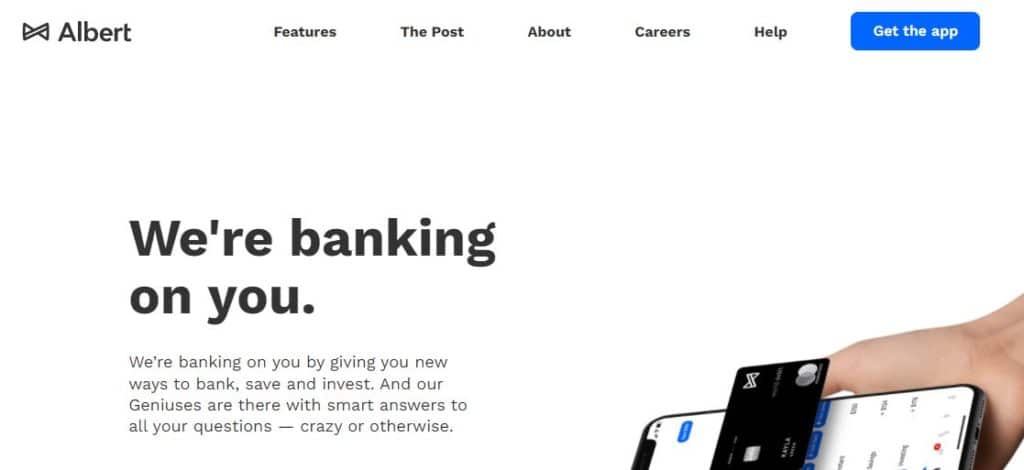5 Great Ways To Optimize Your Online Budgeting Habits
Online budgeting apps have gracefully integrated themselves into the lives of those who like to keep their finances in check. You’ll seldom come across anyone still relying on traditional paper-based budget planners or folders to separate different expense categories.

While having access to a budgeting app is indeed a smart way to set and manage budgets, there are ways to optimize their utilization. We’ll discuss them here.
1. Customize Categories to Match Your Lifestyle
Most budgeting apps come with predefined categories like groceries, rent, and utilities. While these are useful, your financial habits are unique. Take the time to personalize these categories so they better reflect your lifestyle.
For example, if you spend money on hobbies like gardening or photography, create separate categories for these expenses in your budget app. This customization would ensure that your budget feels more relevant and easier to stick to. It also gives you a clearer picture of where your money is going.
2. Set Realistic Limits and Stick to Them
A budget is only as good as the limits you set for each category. Be honest about your spending habits when defining these limits. If you consistently spend $5,000 on dining out, setting a cap of $2,000 is unrealistic and sets you up for failure.
Instead, aim for incremental improvements. Start by reducing your dining-out budget slightly, say to $4,500, and gradually work your way down. The key is to strike a balance between pushing yourself to save and allowing room for flexibility.
3. Track Your Progress Regularly
One of the biggest advantages of using an online budgeting app is the ability to track your spending in real time. Make it a habit to review your progress weekly or even daily.
Regular tracking helps you spot trends early. For instance, if you notice that you’re exceeding your entertainment budget mid-month, you can adjust your spending for the rest of the month. This approach keeps you in control and prevents overspending from snowballing.
4. Use Alerts to Stay Accountable
Most budgeting apps, like Rocket Money, allow you to set alerts for various scenarios, such as when you’re nearing your spending limit in a specific category or when a bill is due. These alerts are powerful tools for keeping yourself accountable.
Instead of treating these notifications as annoyances, view them as friendly reminders to make thoughtful decisions. They can help you pause and reassess your priorities, preventing impulse purchases or late payment penalties.
5. Leverage Reports for Better Insights
Budgeting tools and online banking app often include reporting features that break down spending patterns over weeks, months, or even years. These insights are goldmines for understanding habits and planning ahead.
For example, if reports show that your holiday spending spikes every December, you can start setting aside funds earlier in the year. Or, if you notice recurring expenses you no longer need—like unused subscriptions—you can eliminate them to free up cash for more important goals.
The goal isn’t just to save more but to spend intentionally, align your money with your priorities, and build a financial strategy that works for you. When you make these small yet impactful adjustments, your budgeting app becomes not just a tool but a partner in your financial journey.

